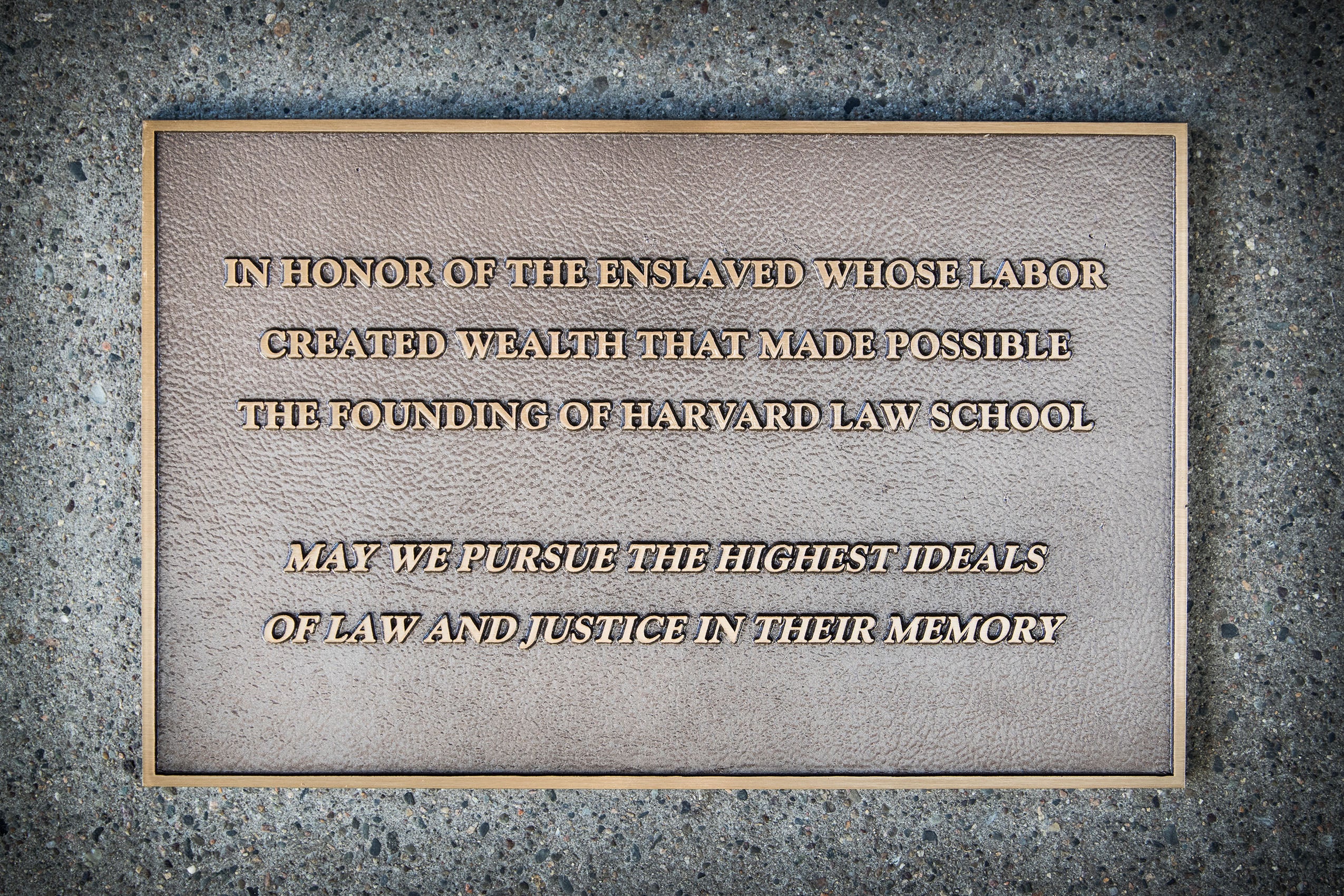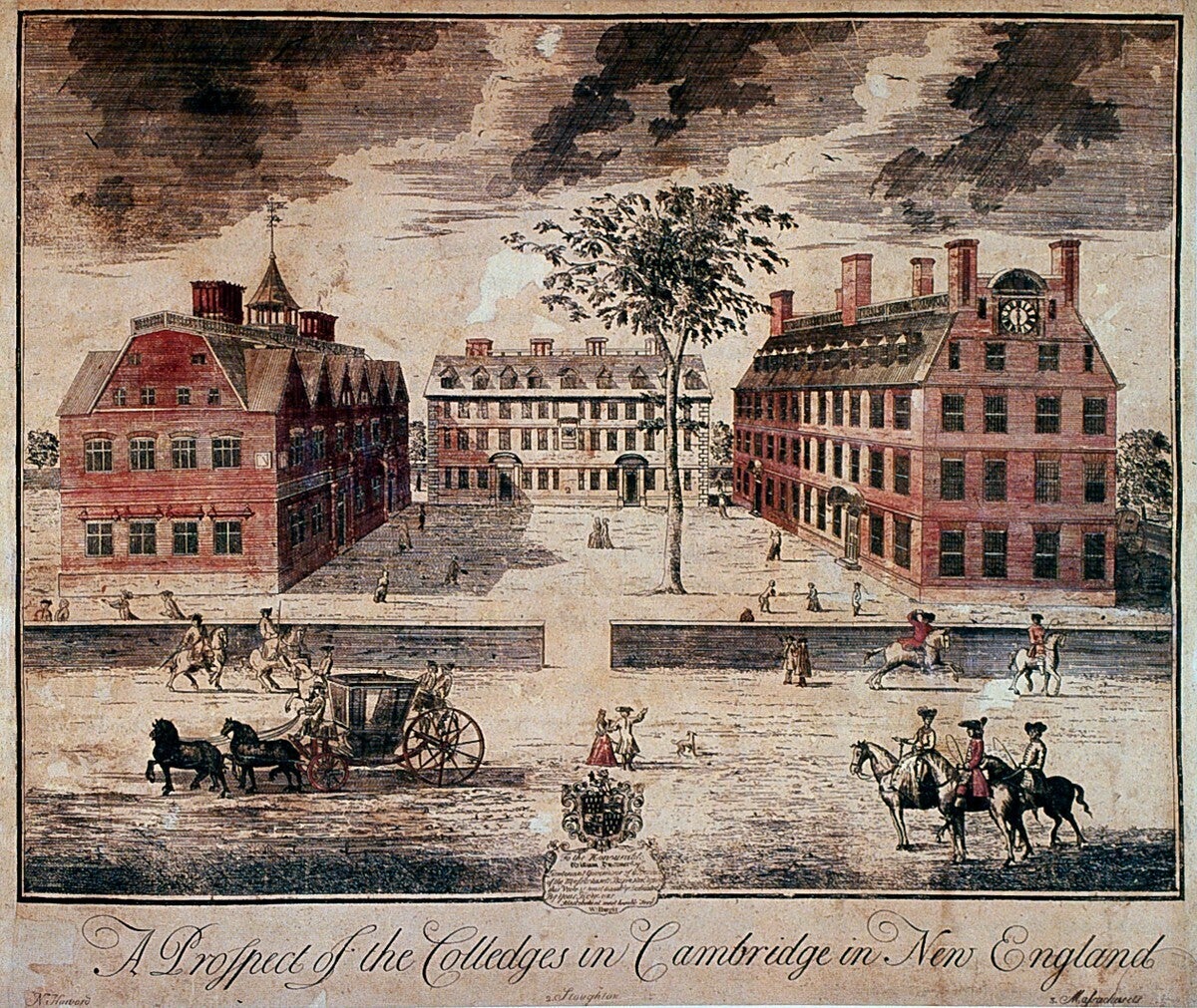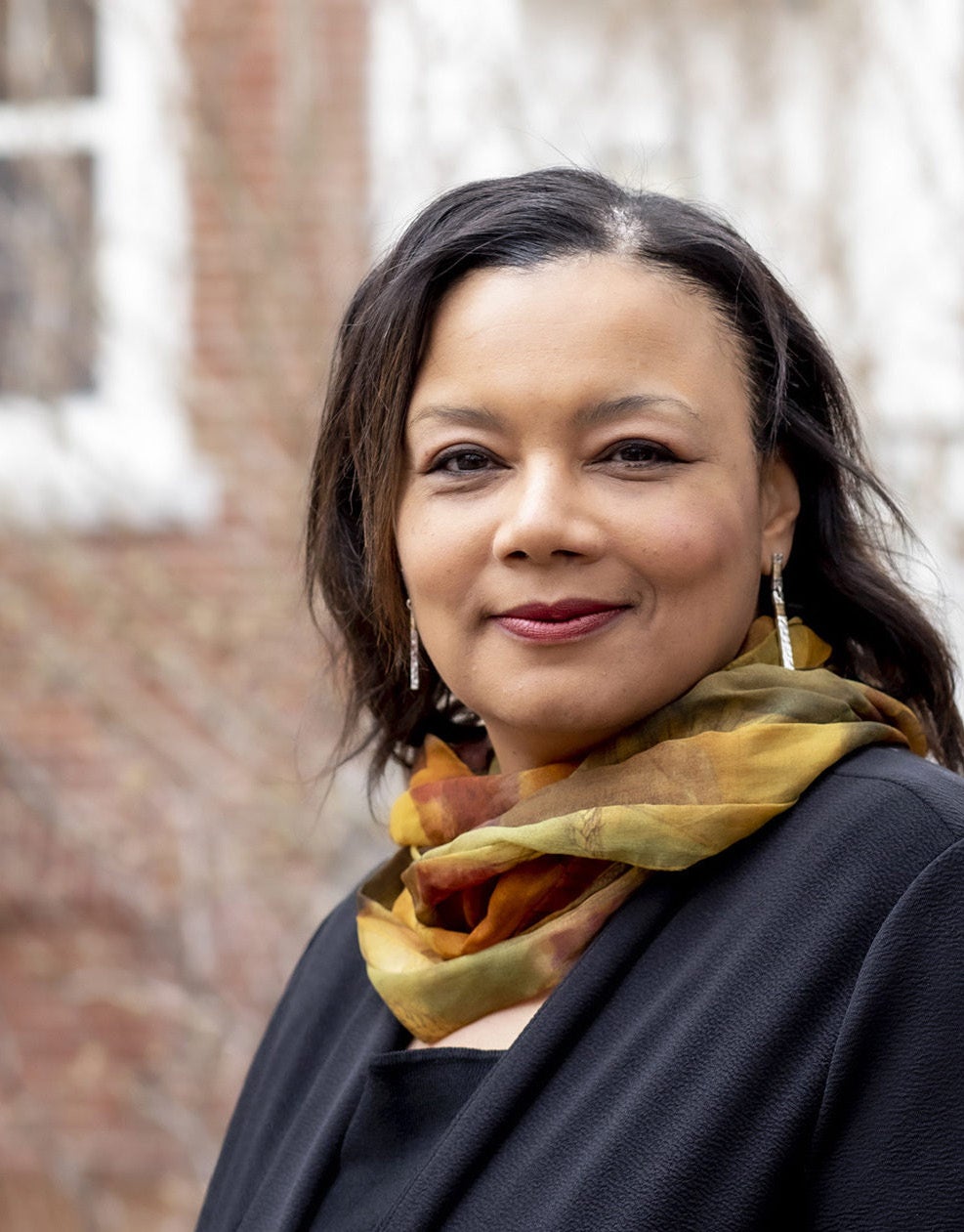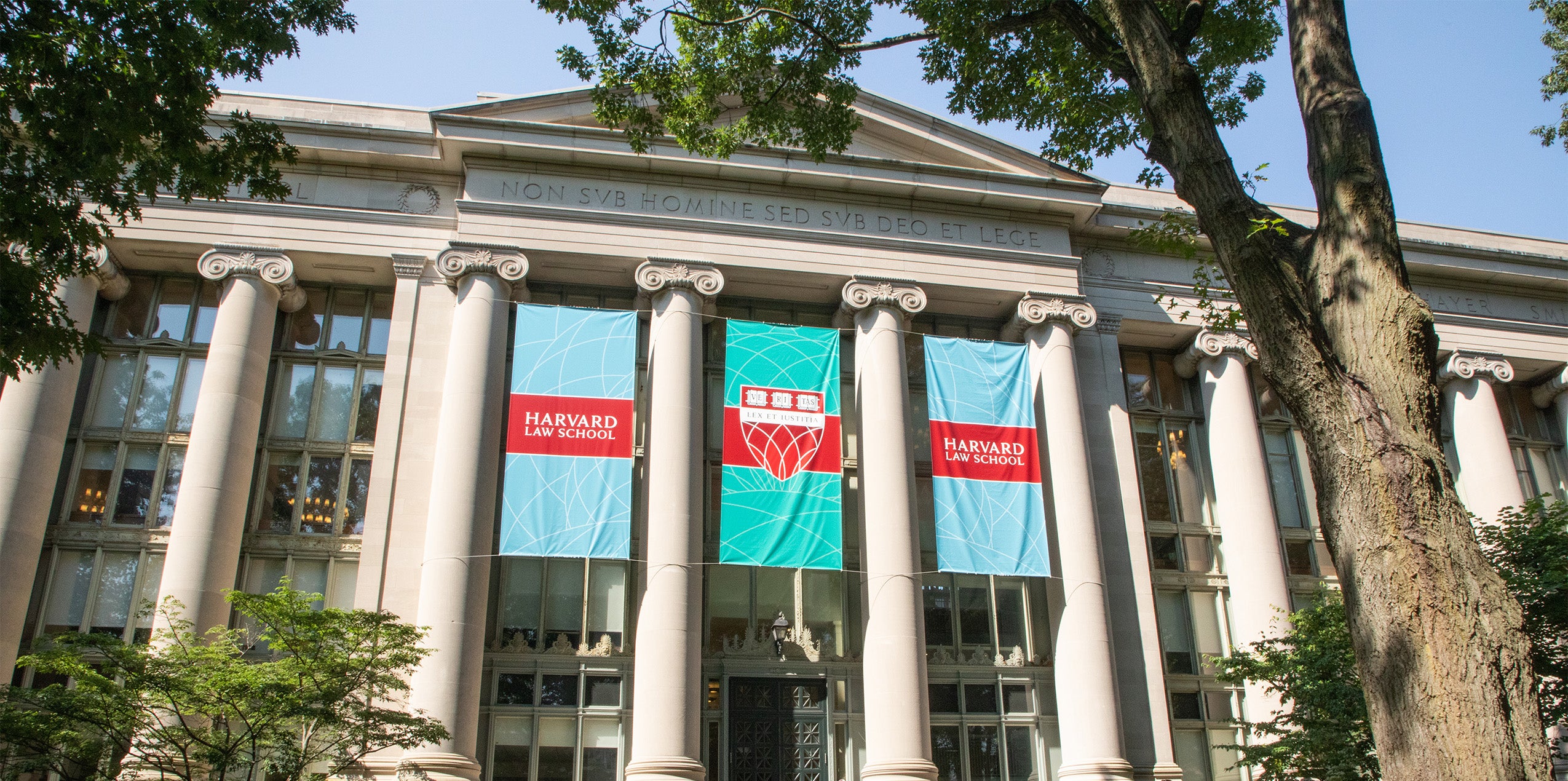A report issued on April 26 by the Presidential Committee on Harvard and the Legacy of Slavery recounts in detail the many ways Harvard University participated in, and profited from, slavery, and the long history of discrimination against, and exclusion of, Black people by the university long after slavery was abolished by the Thirteenth Amendment.
In the stories below, Harvard leaders and scholars examine the report and its implications for the future. Harvard Law School Dean John F. Manning ’85 discusses both the University’s and the law school’s connections with slavery and announces several new initiatives. Members of the committee, including Harvard Law School Professors Annette Gordon-Reed and Martha Minow, discuss the report and the path forward. And the committee’s chair, Radcliffe Institute Dean Tomiko Brown-Nagin, who is also a Harvard Law professor, tells the Harvard Gazette that, “[w]hat we have done here is pursue truths that are painful. But the reality is that even when the truth is painful, we must seek it, we must divulge it, we must set an example of pursuing truth. And that is what we’re doing through the scholarship in this report.”
Understanding the legacy of slavery

In a statement to the Harvard Law School community shortly after the release of the report by the Presidential Committee on Harvard and the Legacy of Slavery, Dean John F. Manning ’85 discussed the law school’s own connections with slavery and announced several initiatives to honor and commemorate the enslaved people whose labor generated wealth that contributed to Harvard Law School’s founding and to better understand the legacy of slavery and the as yet unfinished business of advancing racial justice.
“[T]hough it is difficult, indeed heartbreaking, to read in cumulative detail the pervasive and grievous wrongs committed here at our university, only by honestly reckoning with this history can we together find new ways to make meaning of our past. … We must also do these things in part because of the distinctive roles that law and the legal profession, at their best, can play in furthering the highest ideals of law and justice,” Manning wrote, stating that the law school must recommit itself to remedying the ills of “racism, inequality, and many other injustices that continue to this day in our society.” Read more
Transformative ties, inseparable rise

The report of the Presidential Committee on Harvard and the Legacy of Slavery, released on April 26, describes a history that began with a Colonial-era embrace of slavery that saw more than 70 people enslaved by Harvard presidents and other leaders, faculty, and staff. The report offers a series of recommendations — already accepted by Harvard President Larry Bacow — that amount to a reckoning with the University’s history.
“Veritas is more than our motto,” Bacow said in a video accompanying the report’s release. “It’s our reason for being. We’re committed to truth for the sake of our community and for the sake of our nation. The truth is that slavery played a significant part in our institutional history.” Read more
Revealing webs of inequities

Upon the report’s release, the Harvard Gazette spoke with Professor Tomiko Brown-Nagin, dean of the Radcliffe Institute for Advanced Study and chair of the Presidential Committee on Harvard and the Legacy of Slavery, about the report and the path forward. Read more
Learn more about the Harvard & the Legacy of Slavery initiative at legacyofslavery.harvard.edu.
Visit legacyofslavery.harvard.edu/report to access the full report.
